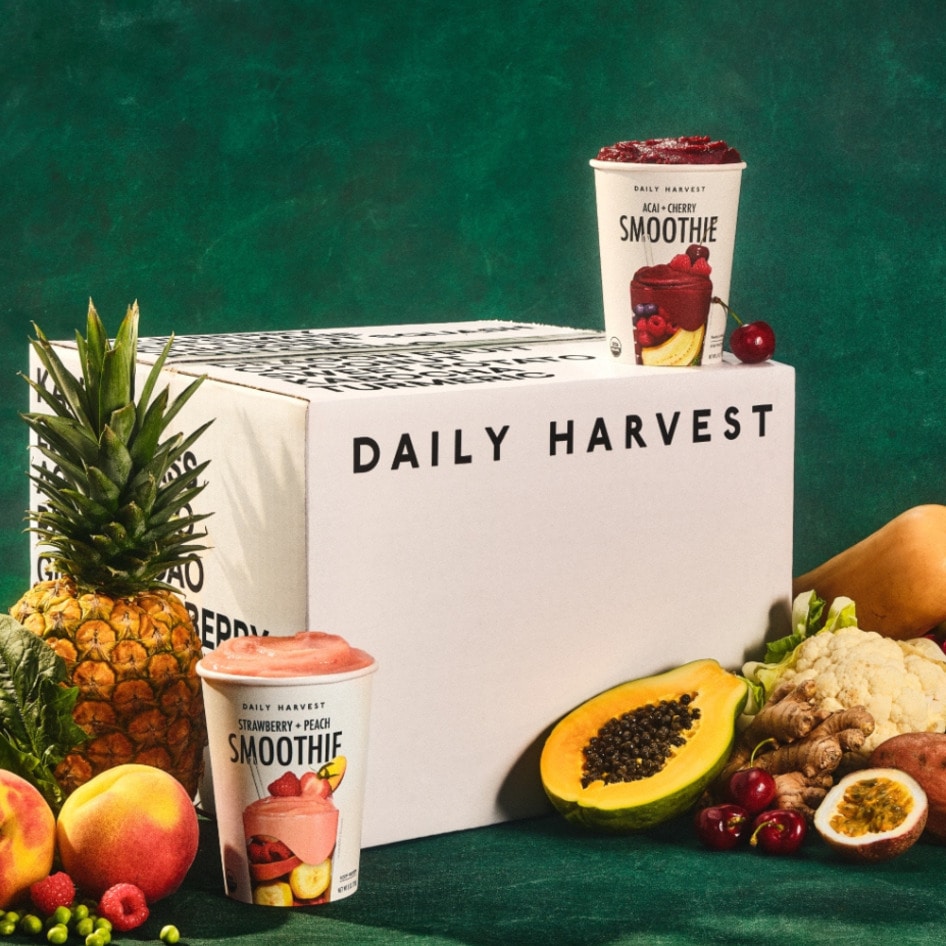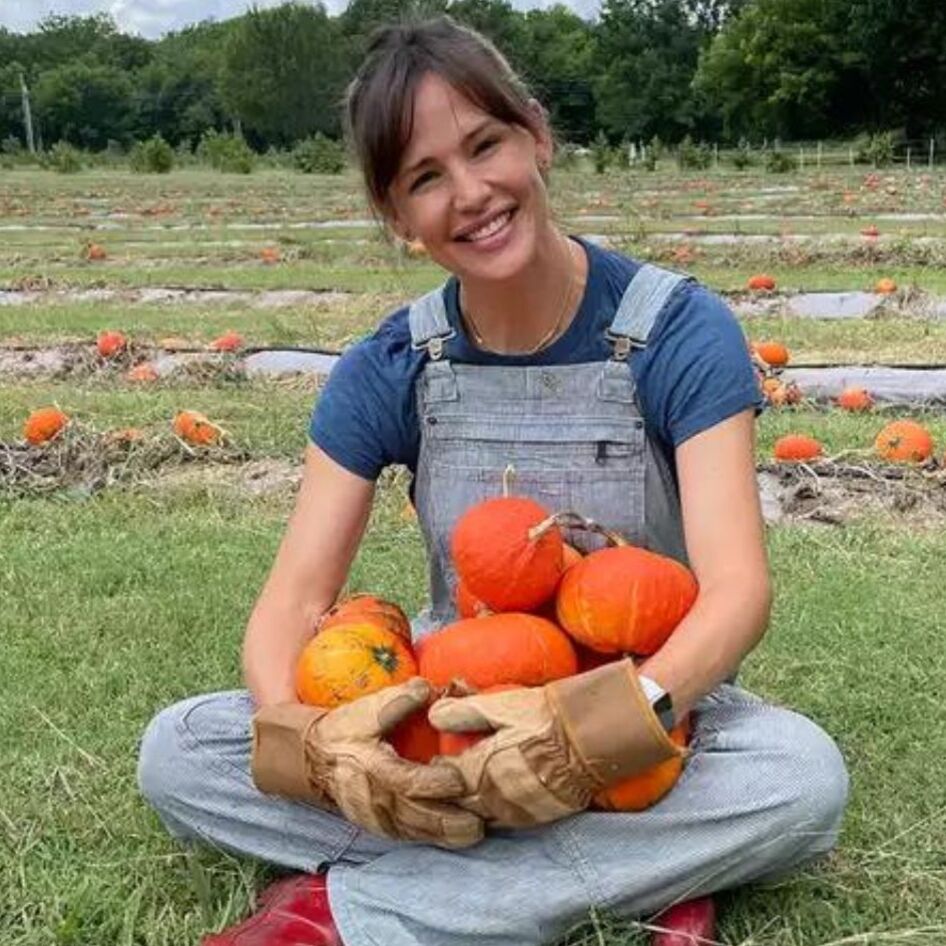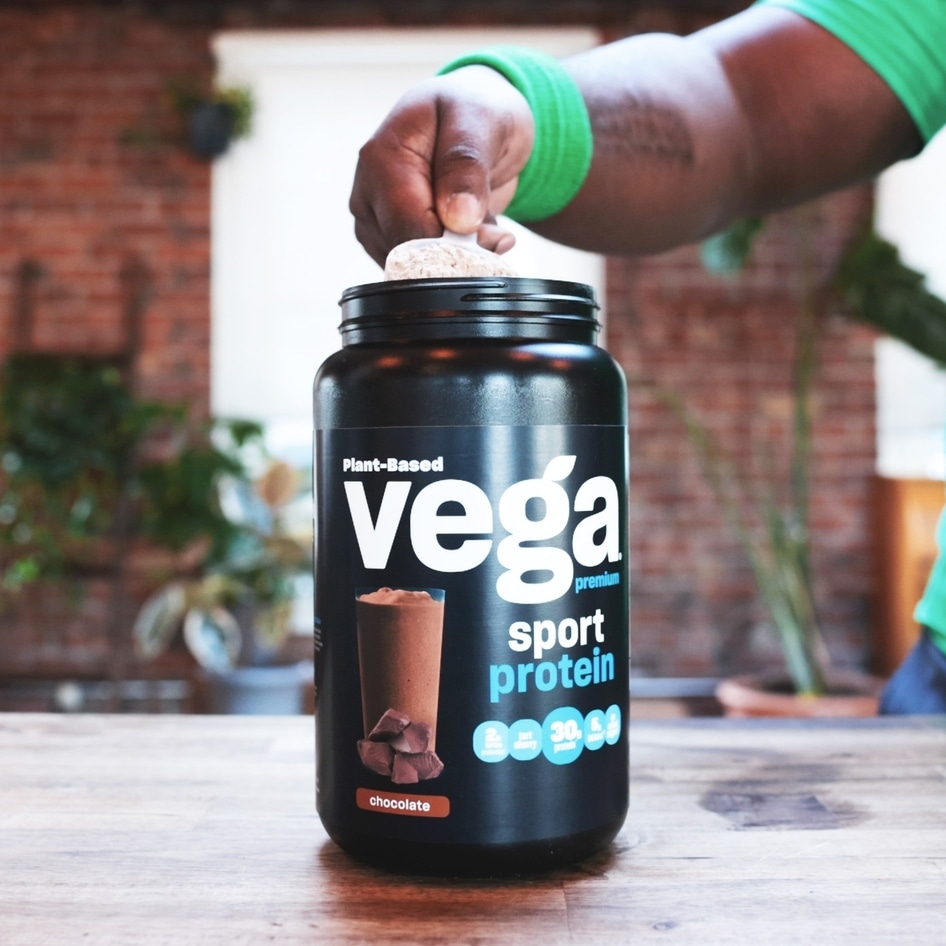GMO Safety Scandal
Genetically engineered soybeans are commonplace, but their safety is highly questionable.
October 8, 2008
Bill Freese is a science policy analyst at the Center for Food Safety (CFS) who works to promote sustainable agriculture. He says Monsanto, an agricultural biotech company, has the largest financial stake in the future of genetically engineered (GE) soy. “Monsanto is the only purveyor of GE soy,” says Freese. “They have patents on processes used to GE the seed and on the genes themselves.” Monsanto owns the patent for Roundup Ready soybeans. Roundup Ready (RR) soy is genetically engineered to withstand glyphosphate (the main chemical in Roundup) fertilizers. The original intention of RR soy was to displace the use of other herbicides and rely exclusively on glyphosphate herbicide, to which the plant is genetically altered to be “immune.” So, the weeds die, but not the soy. In reality, farmers are using more herbicides and seeing annual increases in the amount of chemicals used to treat soy crops in order to attain the same results.
In the United States, 90 percent of all soy grown is Roundup Ready. That means farmers apply Roundup directly to the plants. Freese says, “Monsanto says it’s safe, but there have been reports that pesticide applicators and agricultural workers have a higher risk of having children born with neurological behavior problems. Studies show higher incidences of non-Hodgkin’s lymphoma and leukemia. It inhibits the process of making sex hormones and is responsible for reproductive issues.” Freese says that Roundup has been found in ground water, and has also been found to be toxic to frogs, even at small concentrations. Then again, it’s neither environmental sustainability nor concern for human health that drives multinational corporations-yet. Farmers are required to buy new seed each year and are prohibited from saving seeds from the prior year’s yield for replanting. Freese says, “Monsanto sues farmers for saving seeds. Farmers need to buy seeds for each crop, levied with heavy surcharges.” Many farmers have been sued (and defeated) for possession of “stolen” or saved seeds even when RR seeds on neighboring farms migrate and contaminate their organic crops.
JUMP TO ... Latest News | Recipes | Guides | Health | Subscribe







